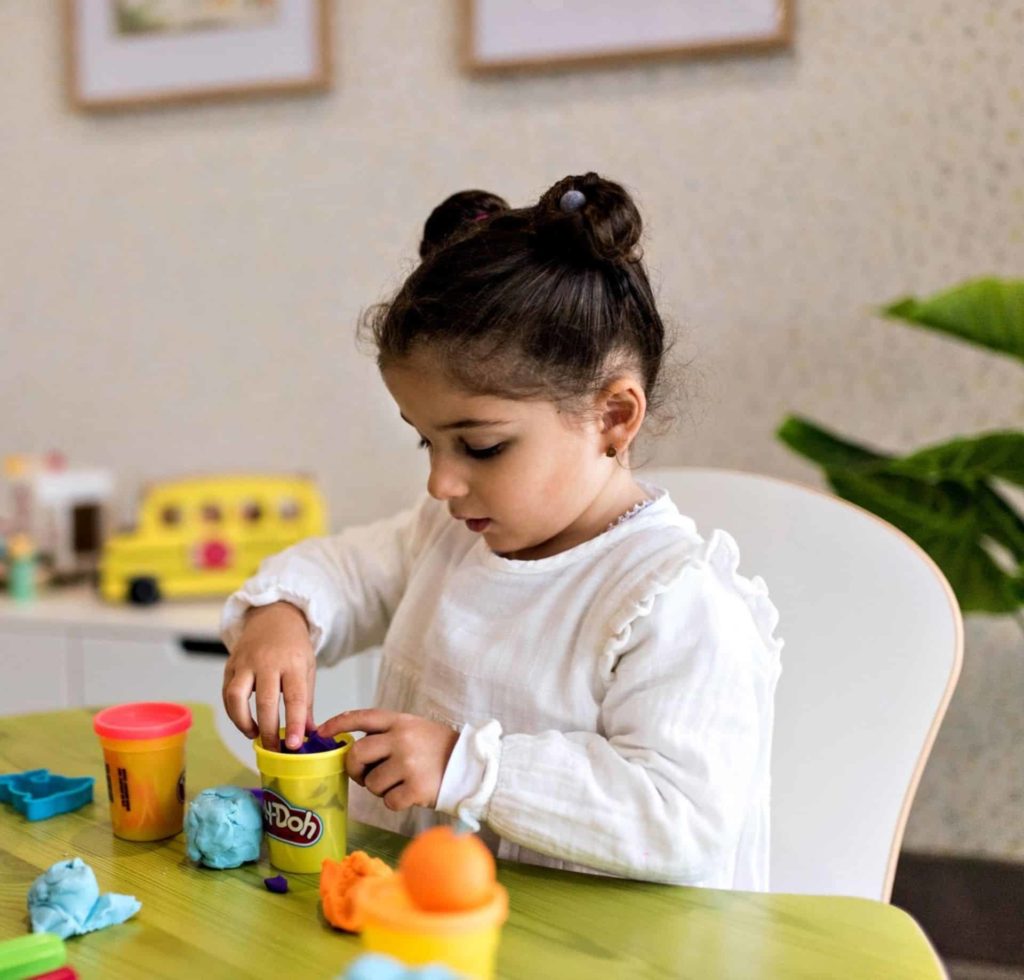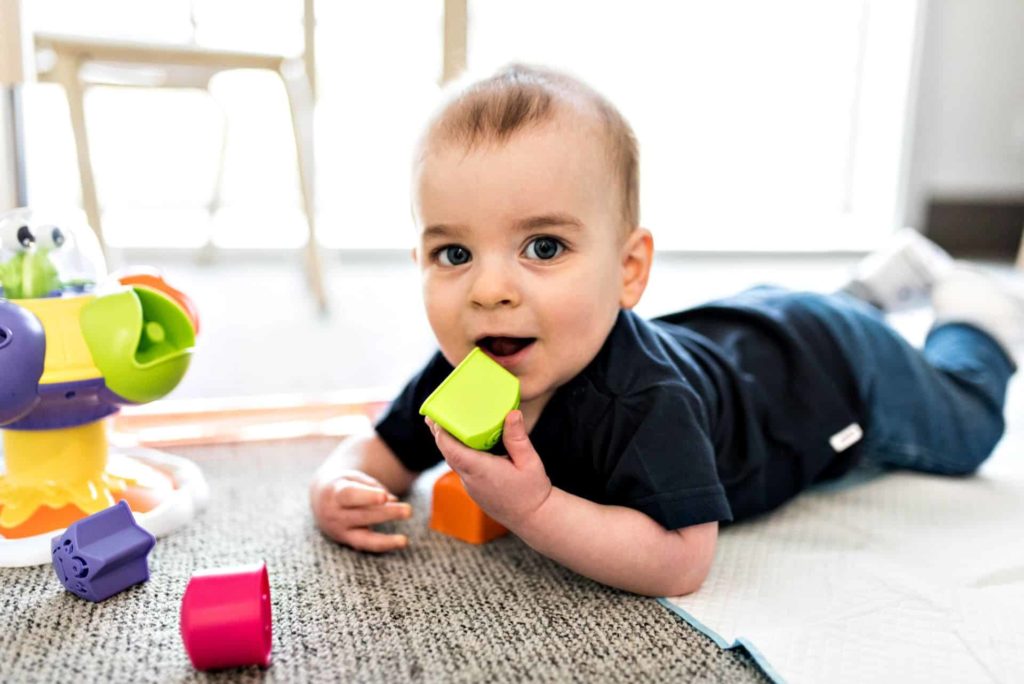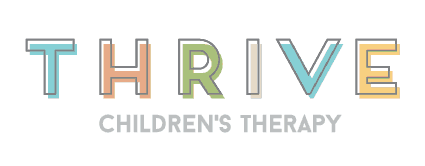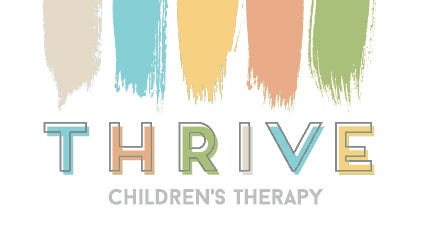INFORMATION ABOUT PRE-SCHOOL COMMUNICATION
Speech Sound Development
A child’s speech should be intelligible (easily understood) to unfamiliar listeners:
- At 1 year of age, 25% of the time.
- At 2 years of age, 50% of the time.
- At 3 years of age, 75% of the time.
- At 4 years of age, 100% of the time.

When should I start to be concerned about my child's speech development?
Children who rely largely on familiar people (such as parents or siblings) to translate their speech to others may be experiencing a speech delay or disorder, and it is recommended that you contact a speech pathologist for advice.
If you would like to make an appointment for an assessment or therapy, please complete our online referral form, and we will be in touch shortly.
Early Language Development
Children achieve language milestones at different ages. They begin slowly, in infancy by becoming familiar with spoken language and learning to understand small parts of what is said. With time, they build on these skills and by five years of age are usually capable of producing and understanding quite complex language. The below information outlines various language skills, and the ages at which most children achieve them.
Between 0 – 6 months, most children:
- Begin to turn towards the sound of speech and recognise familiar voices.
- Become receptive to changes in the tone of voice of a speaker.
Between 6 – 12 months, most children:
- Begin babbling and engaging in vocal play (e.g. ‘ma-ma-ma-ma’).
- Use vocalisations to obtain attention.
- Recognise and respond to their name.
- Understand some simple, familiar words (e.g. ‘mum’, ‘dad’, ‘no, ‘ball’) and requests (e.g. ‘give to mummy’).
Between 1 – 2 years, most children:
- Say their first word.
- Develop a vocabulary of at least 50 words by 24 months.
- Imitate simple words.
- Identify some body parts.
- Begin to use two words together (e.g. ‘more juice’).
Between 2 – 3 years, most children:
- Understand two-step instructions (e.g. ‘get the ball and put it in the basket’).
- Begin to understand concepts like ‘in’, ‘on’, ‘big’, ‘small’ etc.
- Experience a rapid expansion in their vocabulary and are able to name most familiar items and objects.
- Start to use 3 and more word sentences for a range of communicative functions (e.g. requesting something, protesting, showing something, asking a question).
Between 3 – 4 years, most children:
- Understand a lot of what is said to them.
- Produce long sentences that are close to adult forms.
- Are able to be understood by familiar and unfamiliar people without much difficulty.
Between 4 – 5 years, most children:
- Understand and enjoy short stories, and are able to answer simple questions about their content.
- Can produce lengthy and highly detailed sentences, and build stories (about both real and imagined events).
When should I start to be concerned about my child's speech development?
An assessment by a Speech Pathologist is recommended if:
- by 12 months the child is not using simple gestures (e.g. waving goodbye), pointing, eye contact and attempting to communicate.
- by 12-15 months the child is not babbling.
- by 18 months the child is not using single words, or if the child cannot follow simple instructions.
- by 2 years the child is not using short phrases or is saying less than 50 words.
- by 3 years the child is not using sentences.
- by 4-5 years the child cannot tell a simple story.
- the child has difficulty relating to peers, poor social skills, or a suspected diagnosis of autism spectrum disorder.
- the child has a history of recurrent middle ear infections and/or hearing loss.

If you have any questions or concerns about your child’s communication language or literacy development, you can contact us here.

